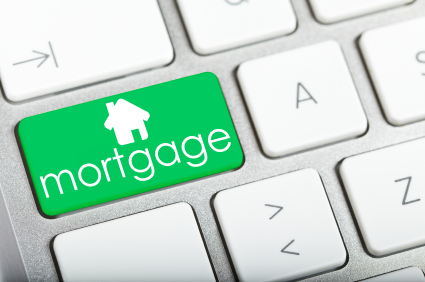Impact the Death Of a Spouse Has On Your Mortgage
Thursday, May 7, 2015
The death of one partner in a marriage can have significant consequences for a mortgage. Exactly what effect it has will depend on whether it is a single or joint mortgage, what balance remains on the mortgage, and other debts and assets of the deceased.
 In the case of a couple having a joint mortgage, the death of one spouse will simply mean the other spouse becomes the sole mortgage-holder. As long as she can continue making the payments, the property will be unaffected. Federal law prohibits the lender from calling the entire mortgage due because one spouse has passed away.
In the case of a couple having a joint mortgage, the death of one spouse will simply mean the other spouse becomes the sole mortgage-holder. As long as she can continue making the payments, the property will be unaffected. Federal law prohibits the lender from calling the entire mortgage due because one spouse has passed away.
- If the mortgage is only in the name of the deceased and she had more assets than debts, then the state will pay off the mortgage as part of the probate process. The worst-case scenario is that the house may have to be sold to pay the mortgage off if there aren’t enough other assets to cover the outstanding amount. However, when there is no will and assets are distributed to heirs according to the intestacy laws of the state, the surviving spouse is always one of the first in line to receive the remainder of the deceased’s assets after debts, taxes, and funeral expenses are paid. If the mortgage can be paid off through other assets, in many cases, the spouse would receive the paid-off home as his share of the estate.
- If the surviving spouse sells the house within two years of the death, has not remarried prior to the sale, and meets required conditions, she has the right to exclude up to $500,000 of her profit from the transaction. For further information read US Government Publication 523.
- If the surviving and now sole-owner of the home realizes he is not going to be able to continue make mortgage payments for a long period of time, he may want to look into a reverse mortgage. A reverse mortgage is a loan for senior homeowners that uses a portion of the home’s equity as collateral. The loan generally does not have to be repaid until the last surviving homeowner permanently moves out of the property or passes away. At that time, the estate has approximately 6 months to repay the balance of the reverse mortgage or sell the home to pay off the balance.
Information provided by Chester County PA Realtor Scott Darling.
Add Comment




